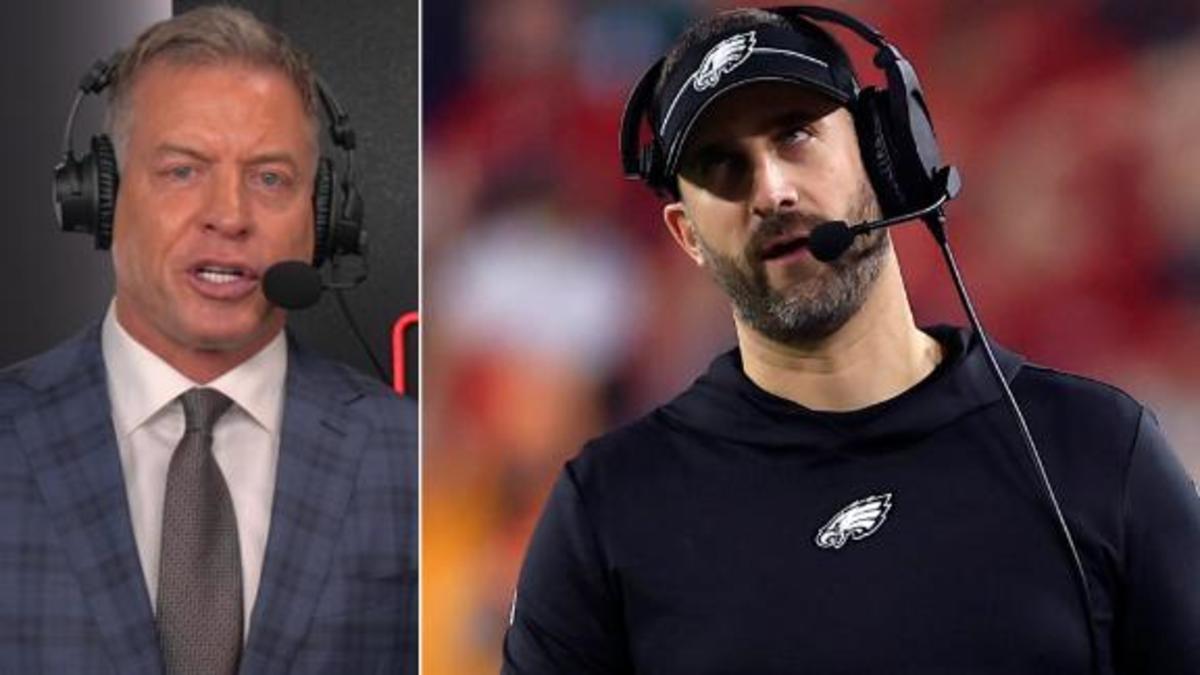In a dramatic and unexpected turn of events, Philadelphia Eagles head coach Nick Sirianni has filed a lawsuit against NFL FOX commentator Troy Aikman in NFL court, accusing him of making “demeaning and offensive” statements during a press conference following the Eagles’ 28-22 victory over the Los Angeles Rams. Sirianni alleges that Aikman’s comments, which were made during a post-game broadcast, had a detrimental impact on the morale of the Eagles players. The lawsuit claims that Aikman’s remarks not only criticized the team’s performance but also undermined the efforts and achievements of the players, causing harm to the team’s dynamic and confidence moving forward.

The specific comments in question have yet to be fully disclosed, but reports indicate that Aikman made pointed remarks about the Eagles’ performance, questioning their decision-making and highlighting areas of weakness despite their victory. Sirianni, who has been an outspoken advocate for his players, is reportedly frustrated that Aikman’s public criticisms went beyond the usual analysis and crossed into what he described as “unwarranted personal attacks.” According to the lawsuit, these comments were not only inaccurate but also harmful to the team’s psyche, particularly after a hard-fought win on the road.
This legal action marks a rare instance of a coach directly taking a public figure to court over comments made in the media. It has sent shockwaves through the sports world, sparking debates about the line between honest commentary and defamatory statements. Some analysts argue that Aikman, a former NFL quarterback with extensive experience, was merely offering his expert opinion on areas the Eagles could improve. However, Sirianni and others within the Eagles organization have voiced strong concerns about the potential long-term effects of public criticism, especially when it appears to go beyond the realm of constructive feedback.

As the lawsuit proceeds through NFL court, all eyes will be on how the league handles the case and what, if any, precedent it may set for future conflicts between coaches, players, and commentators. This legal battle could potentially change the way media members engage with teams, especially in high-profile situations where their remarks may have significant consequences for the individuals involved. The outcome could also serve as a defining moment in the ongoing debate over the responsibilities of sports commentators when critiquing athletes and coaching staff.